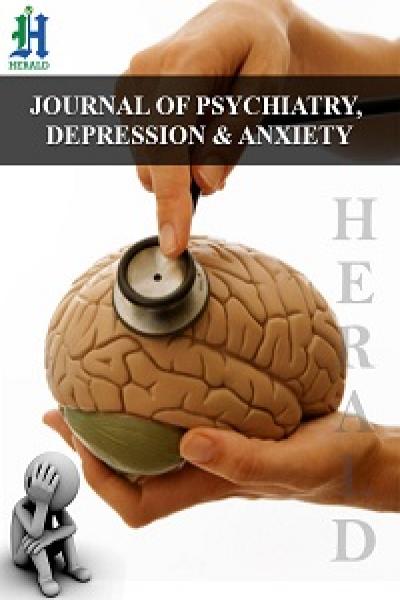
Digital Mental Health
Digital mental health refers to the use of digital technologies—such as mobile apps, telepsychiatry, chatbots, and wearable devices—to support mental health assessment, treatment, and monitoring. It encompasses a wide range of tools, including self-guided therapy apps, online counseling platforms, mental health trackers, and virtual reality therapies. These innovations aim to increase access to mental healthcare, particularly for underserved populations or those facing stigma or geographical barriers. Digital mental health tools offer flexibility, real-time monitoring, and anonymity, which can encourage early intervention and adherence.
However, challenges remain, including concerns about data privacy, clinical validation, and user engagement. Integrating artificial intelligence, machine learning, and biometric data is helping personalize treatment recommendations and predict symptom changes. Regulatory frameworks and clinical guidelines are evolving to ensure safety and efficacy. As technology continues to evolve, digital mental health holds the potential to complement traditional care models, reduce mental health disparities, and promote preventive care.

